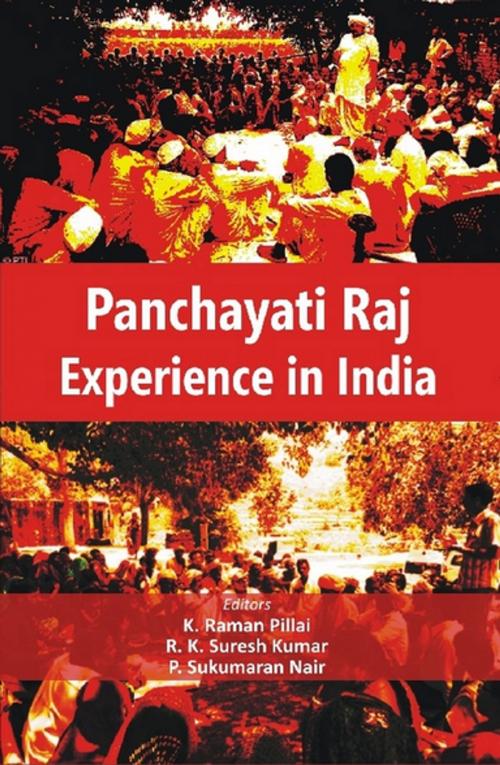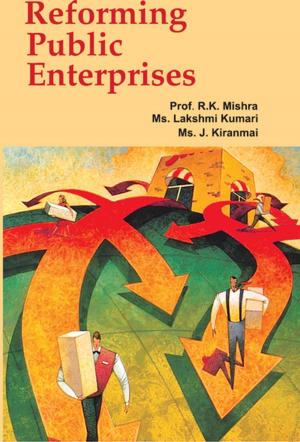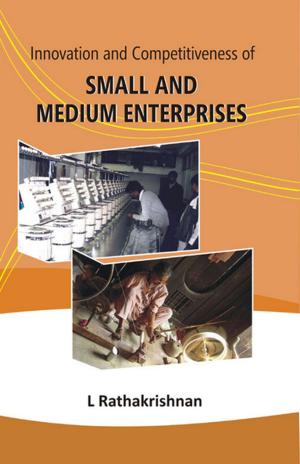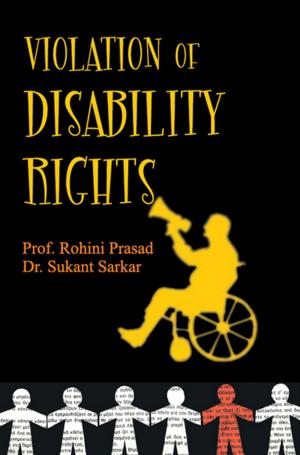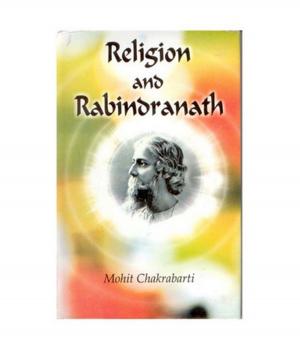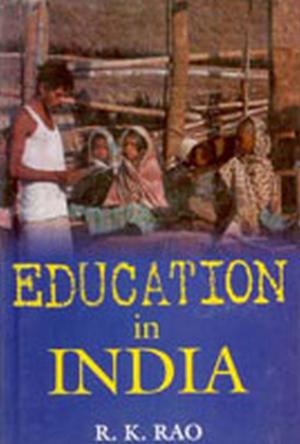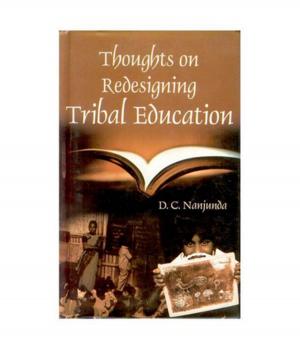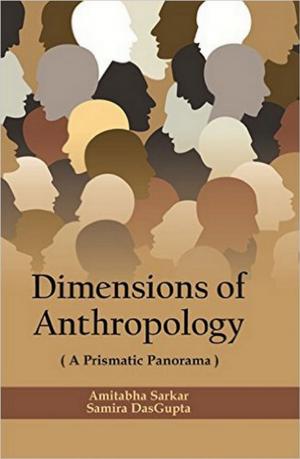Panchayati Raj Experience in India
Nonfiction, Social & Cultural Studies, Social Science, Sociology, Rural| Author: | K. Raman Professor Pillai, R. K. Suresh Dr Kumar | ISBN: | 9789351289814 |
| Publisher: | Kalpaz Publications | Publication: | June 30, 2016 |
| Imprint: | Kalpaz Publications | Language: | English |
| Author: | K. Raman Professor Pillai, R. K. Suresh Dr Kumar |
| ISBN: | 9789351289814 |
| Publisher: | Kalpaz Publications |
| Publication: | June 30, 2016 |
| Imprint: | Kalpaz Publications |
| Language: | English |
The Panchayati Raj Institutions (PRIs) have come to stay in India. Time has come to take stock of the experiences gained so far in the working of the PRIs in various states. Have we really achieved the goals set up by the 73rd constitutional Amendment while implementing the programme of 'democratic decentralisation'?, if not, what are the impediments in achieving the goals?. How best can we remove them based on our experience so far?. What corrective steps can we take to put the programme on the right track?. Here some of the leading experts on Panchayati Raj in various states examines the achievements and failures of working the PRIs during the past fifteen years. Concrete suggestions are put forth for making the PRIs vibrant institutions for bringing about democratic decentralization in the true-sense of the term. The scholarly papers on the 'state of art' of the PRIs in different states in India are presented systematically in this book. The articles broadly bring out the fascinating story of the working of PRIs in different states of India.
The Panchayati Raj Institutions (PRIs) have come to stay in India. Time has come to take stock of the experiences gained so far in the working of the PRIs in various states. Have we really achieved the goals set up by the 73rd constitutional Amendment while implementing the programme of 'democratic decentralisation'?, if not, what are the impediments in achieving the goals?. How best can we remove them based on our experience so far?. What corrective steps can we take to put the programme on the right track?. Here some of the leading experts on Panchayati Raj in various states examines the achievements and failures of working the PRIs during the past fifteen years. Concrete suggestions are put forth for making the PRIs vibrant institutions for bringing about democratic decentralization in the true-sense of the term. The scholarly papers on the 'state of art' of the PRIs in different states in India are presented systematically in this book. The articles broadly bring out the fascinating story of the working of PRIs in different states of India.
